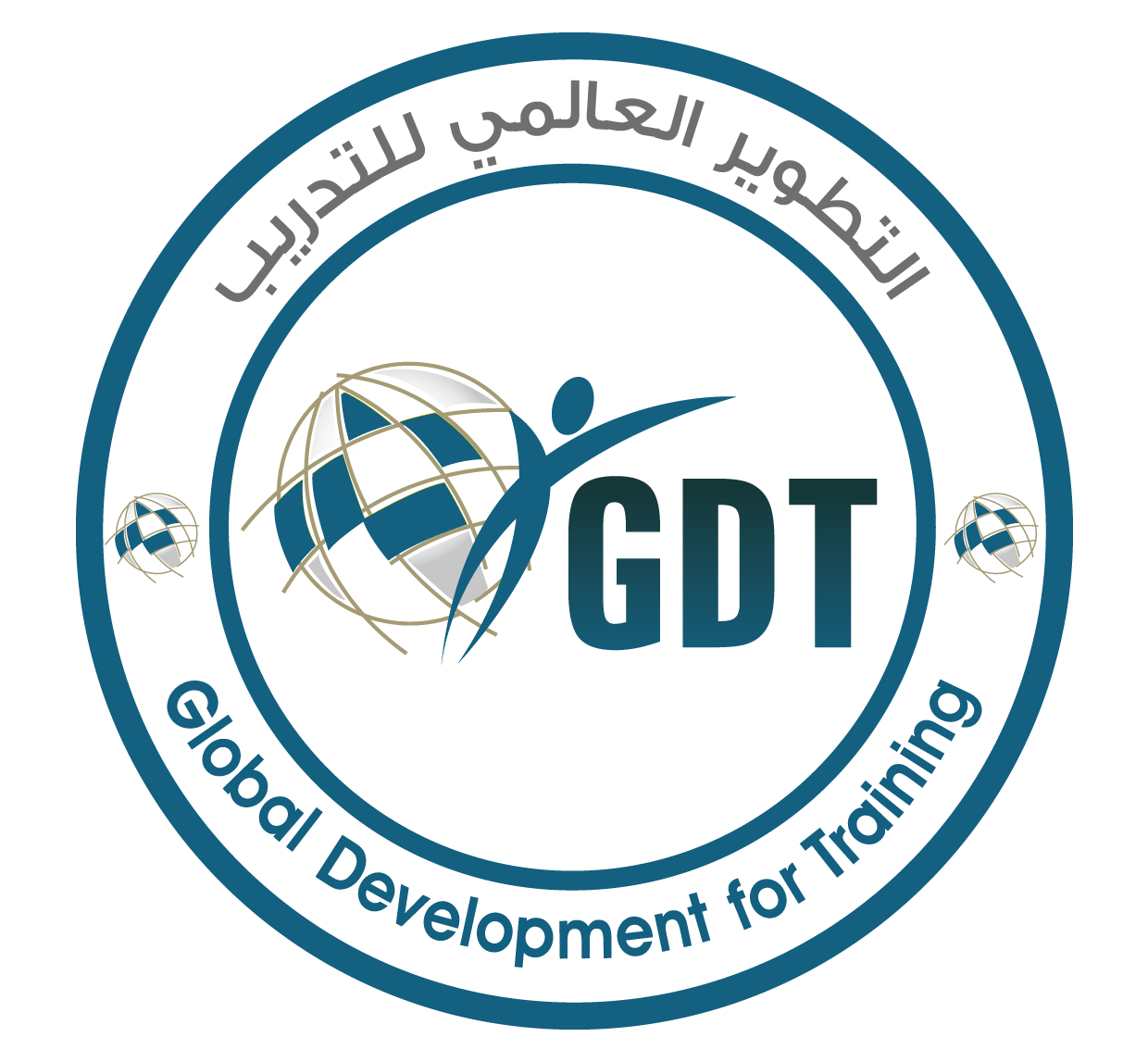Course details
Objectives:By the end of the program, participants will be able to:
- Define Employee Relations from a legal perspective and link it with the labour law
- Use the legal and ethical approach in dealing with personal issues of employees
- Conduct reliable opinion surveys aimed at assessing organizational health
- Provide tangible support to other HR functions in establishing and implementing a fair performance management culture
- Implement a recognition system aimed at enhancing employee retention
- List the main steps in dispute resolutions and use them to protect both employees and the organization
- Establish a code of conduct and compliance culture in the organization
- Understanding Employee Relations (ER)
- The Importance of Knowing the Labour Law
- The Labour Law Definition of Employee Relations
- Employee Rights and Responsibilities
- Accountabilities for Employers and Organizations
- The Importance of Balancing Rights of Both Parties
- Managing Personal Issues
- The Definition of a Personal Issue
- Deciding on Counselling Tactics
- The Importance of Drawing the Line between Coaching and Counselling
- Approaches to Counselling
- Providing Counsel without Harming Organizational Interests and Accountabilities
- When to Avoid or Refuse Providing Counsel
- The Responsibilities of ER Counsellors
- Employee Surveys
- The Difference between Opinion and Morale Surveys
- Approaches to Measuring Morale Surveys
- The Use of Subjective and Objective Data
- The Main Key Performance Indicators in Morale Surveys
- Establishing an Employee Morale Index
- Performance Management (PM)
- The Role of ER in Managing Performance
- The Components of a Fair Performance Management System
- Measuring the Tangibles: How to Use Goals and Targets in a PM System
- Measuring the Intangibles: The Role of Competencies and Values in Measuring Performance
- Employee Recognition
- The Essentials of a Recognition Program
- Tangible and Intangible Rewards
- Linking Performance with Pay: The Role of ER
- Dealing with Underperformers
- Dispute Resolution
- The Definition of a Dispute
- Differences between Disputes, Conflicts and Differences of Opinion
- What the Labour Law Says about Disputes
- The Policy and Procedure for Dispute Resolution
- The Main Steps in Resolving Disputes
- Escalating Disputes: What to Do When Disputes Are Irreconcilable
- Codes of Conduct and Compliance
- The Definition of a Code of Conduct
- The Role of ER in Establishing Codes of Conduct
- The Main Sections in a Code of Conduct Manual
- Compliance Issues: The Role of ER
Job roles this course is suitable for:
Senior employees in Relations , Human Resources staff , Admin ExecutiveCourse Location
About Global Development for Training
Introduction:
Training has become of great importance to managers of various organizations and institutions where training is an effective way to increase employee's efficiency at all stages of his work. It develops his abilities, skills and provides him with new information which is an influential factor in the process of upgrading the employee and increases his authorities and responsibilities.
The last two decades have witnessed a major transformation in the training knowledge. It has become Knowledge-based science; it is the only way to progress and development.
The need of Knowledge-based science is now a scale of new wealth. It requires a distinct type of education and lifelong training in acquiring knowledge and updating on an ongoing basis. This was an important reason that led to establishment of Global Development for Training (G.D.T).
Establishment:
Global Development for Training was established in 2012 in UAE - Permit No. 91,288 in Dubai to provide training and consulting services and staff development with the latest training methods in the world and in line with the global market to meet all the strategic requirements of the global markets in an environment based on modern knowledge, through the best human development trainers in the Arab world and the rest of the world, to reach the highest level of quality, creativity and developing clients and participants.
Vision:
To be one of the best training centers in the world which train and qualify the leaders and staff of the Arab World with the latest training methods in the world.
Mission:
We seek to provide strong training base to provide training and consulting services that meet all the strategic requirements for global markets in an environment built on knowledge, and through professionals Instructors in the world. Therefore, we put our goals in order to reach the highest levels of quality and creativity.
See all Global Development for Training courses
